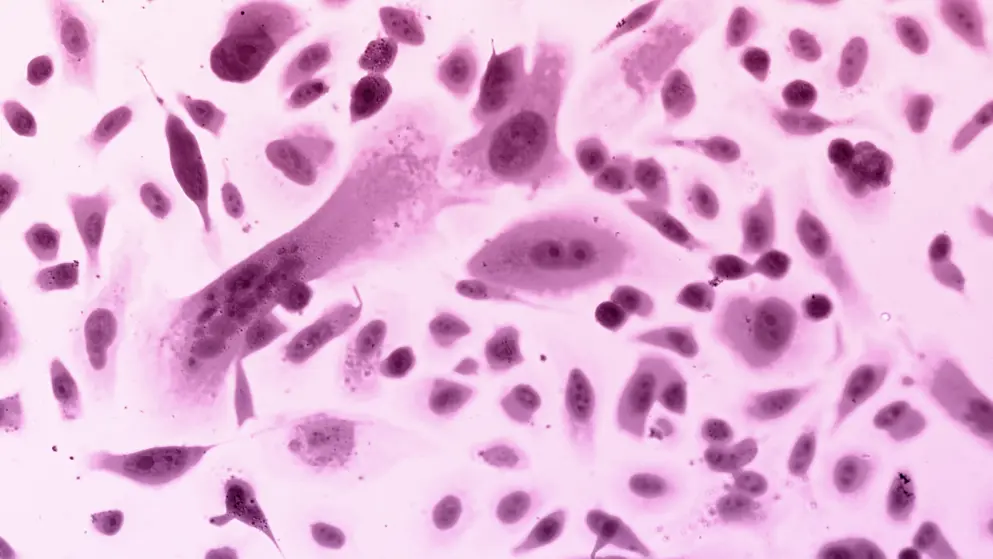
Phase III KEYNOTE-921 trial of Keytruda + chemotherapy failed to meet dual primary endpoints in metastatic castration-resistant prostate cancer.- Merck Inc.
Merck Inc. announced that the Phase III KEYNOTE-921 trial evaluating Keytruda (pembrolizumab) in combination with chemotherapy (docetaxel) compared to chemotherapy alone did not meet its dual primary endpoints of overall survival (OS) and radiographic progression-free survival (rPFS) for the treatment of patients with metastatic castration-resistant prostate cancer (mCRPC).
In the study, there were modest trends toward an improvement in both OS and rPFS for patients who received Keytruda plus chemotherapy compared with chemotherapy alone; however, these results did not meet statistical significance per the pre-specified statistical plan. The safety profile of Keytruda in this trial was consistent with that observed in previously reported studies. Results will be presented at an upcoming medical meeting.
KEYNOTE-921 is a randomized, double-blind Phase III trial (ClinicalTrials.gov, NCT03834506) evaluating Keytruda in combination with chemotherapy (docetaxel) and prednisone compared with placebo in combination with chemotherapy and prednisone for the treatment of patients with mCRPC who have not received chemotherapy for mCRPC but whose disease has progressed on or is intolerant to a next-generation hormonal agent. The trial enrolled 1,030 patients who were randomized to receive either Keytruda (200 mg every three weeks for up to approximately two years) plus chemotherapy and prednisone or placebo plus chemotherapy and prednisone. The dual primary endpoints are OS and rPFS. Secondary endpoints include time to initiation of the first subsequent anti-cancer therapy, prostate-specific antigen response rate, objective response rate and duration of response.


